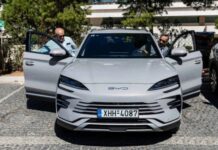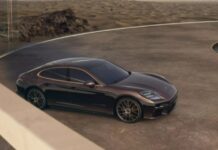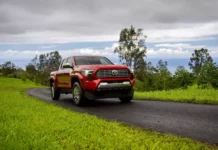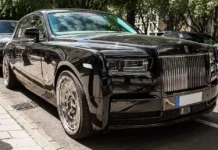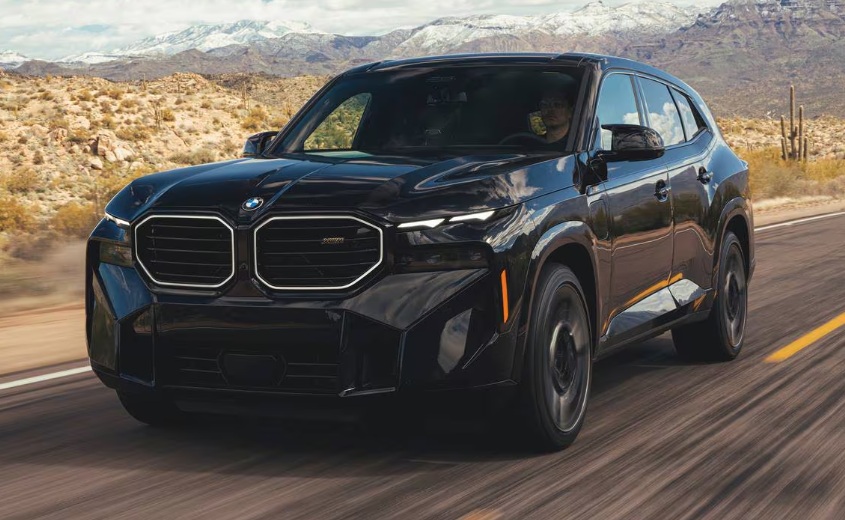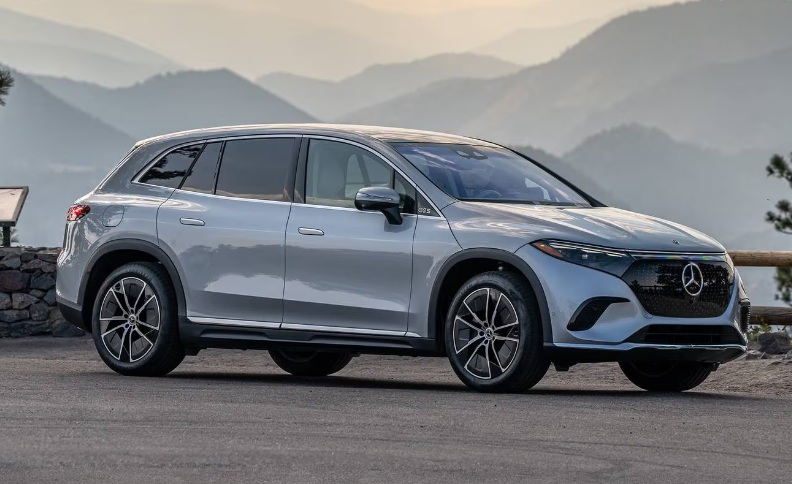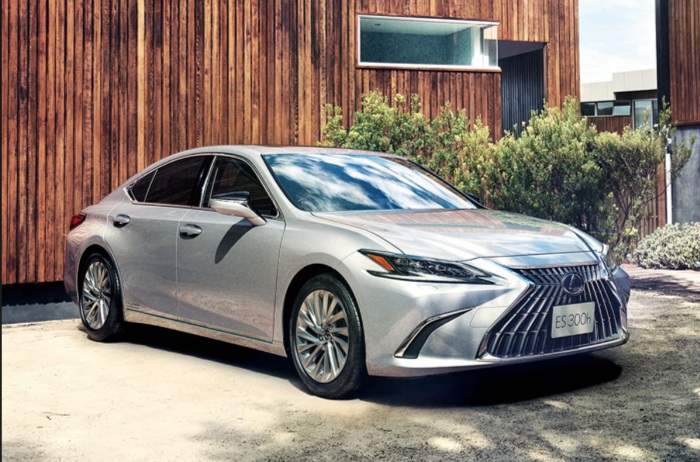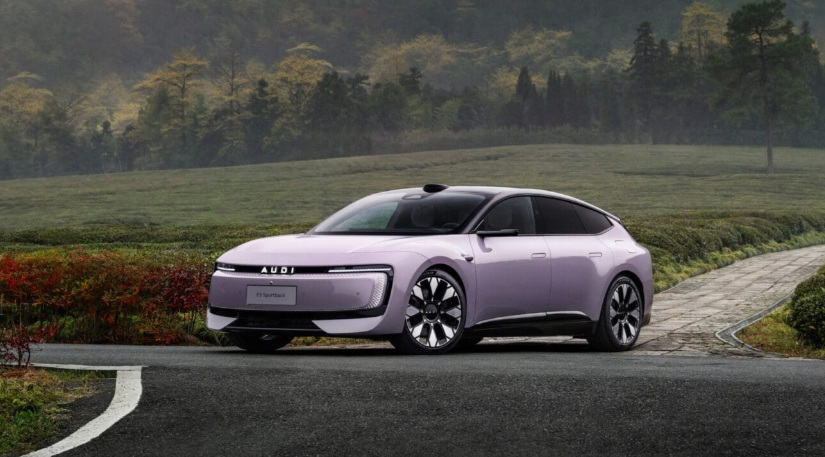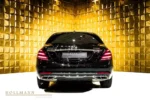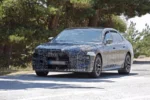In the first eight months of 2025, BMW and Mercedes continue to dominate South Korea’s imported car market.
According to data from the Korea Automobile Importers & Distributors Association (KAIDA), BMW leads in import sales with 51,228 units sold, closely followed by Mercedes-Benz with 41,379 units. These two German brands have maintained their dominant positions for years, capturing nearly half of South Korea’s total imported car sales. Tesla ranks third with 34,543 units, further solidifying the appeal of electric vehicles in the country despite the absence of local production.
While the top three positions remain relatively unchanged, the battle for fourth place has become the focal point. After two consecutive years trailing behind Volvo, Lexus has surged ahead with 10,212 units sold in the first eight months, securing a 5.3% market share. The Japanese luxury brand has seen steady growth, fueled by the rising popularity of hybrid vehicles in South Korea—a trend gaining traction among consumers prioritizing fuel efficiency and reliability.
Despite launching three new models in 2025, Lexus’s sales are predominantly driven by its long-standing hybrid models: the ES300h sedan and NX350h SUV, accounting for 41.5% and 24% of total sales, respectively. These vehicles are highly regarded for their durability and fuel efficiency, reinforcing Lexus’s reputation as a “reliable luxury brand” in South Korea.
A Lexus representative attributed the positive sales performance to the brand’s growing trust among consumers. In a recent Consumer Insight survey, Lexus was rated as the brand offering the best value to customers, particularly in terms of product quality and after-sales service.
However, Lexus’s advantage may not be sustainable. Volvo, which held the fourth position for two consecutive years, is staging a strong comeback. Despite an 8-month sales decline of 5.8% year-over-year, the Swedish automaker has accelerated new product launches and diversified its powertrain options, ranging from internal combustion engines to hybrids and fully electric vehicles. As a result, Volvo’s August sales surpassed Lexus’s, marking a 29.4% increase from the previous month.
Volvo aims to sustain steady growth with its flagship models, the XC90 and S90, launched in July. Both vehicles feature advanced safety technologies, air suspension systems, and competitive pricing compared to European markets. The company’s goal in South Korea is to maintain stable sales by combining cutting-edge technology with practical value.
Meanwhile, Audi, once among South Korea’s top-selling imported brands, is on a recovery path after a significant sales decline. From over 25,000 units in 2021, Audi’s sales plummeted to 9,304 units last year. In 2025, the brand aims to reclaim its leading position with an ambitious product launch strategy: 16 new models by 2025, 11 of which have already debuted as of September.
This strategy has paid off, with Audi’s 8-month sales reaching 7,432 units, a 34% increase compared to the same period in 2024. The company plans to introduce 10 additional models in 2026, including electric and plug-in hybrid vehicles, to attract a younger, more dynamic customer base.
Experts predict that the pace of new product launches will be a critical factor in the market share race among imported brands in South Korea, where consumers increasingly favor vehicles equipped with advanced technology and modern design.
TH (Tuoitrethudo)

